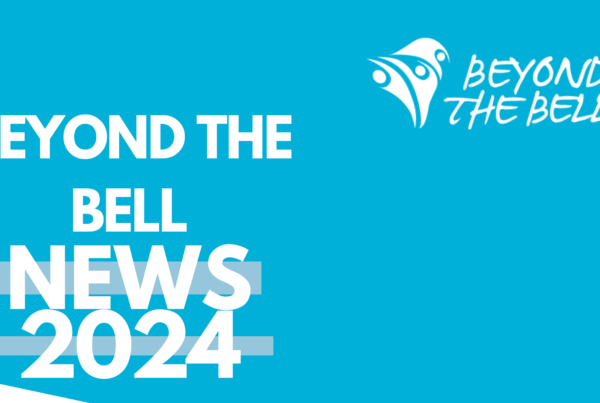COVID-19 has given young people across the Great South Coast a new appreciation of their families and schools.
And while the pandemic left some struggling to cope with remote learning, others excelled while studying from home.
More than 700 young people aged 12 to 19 from across the Great South Coast were interviewed as part of Beyond the Bell’s Youth Conversations project, which was amended to include changes brought about by the pandemic.
They were asked what had changed for them since COVID-19, how they adapted to the pandemic and what they have learned about themselves and others during the pandemic.
The final report released this week shows that young people gained a new appreciation for the role played by schools in keeping them connected. Many said they particularly missed the social connections provided by school and other social activities in their community.
There were also relationship benefits from lockdowns, with some young people saying they became closer to their families because they spent more time together during the pandemic.
Remote learning was a mixed bag. Young people frequently reported that they did not respond well to remote learning arrangements during lockdowns, with some finding it unmotivating and limited because of lack of social interactions.
Others noted unequal access to technology, resources and essential help they needed to participate effectively in remote learning.
However, some students relished online learning, saying they became more focused on their schooling and achieved unexpected success.
The pandemic impacted young people significantly with many reporting a strong feeling of being mentally down and pessimistic about the future.
They were most concerned about the lack of opportunity to connect with peers and participate in events that connect them to their communities.
The report found the lockdowns were particularly difficult for students living alone or in challenging domestic circumstances.
The Youth Conversations report recommends support for young people, teachers and schools with trauma-sensitive learning approaches, and advocating for sustained region-wide targeted support for young people whose educational progress has been impacted significantly by the pandemic.



